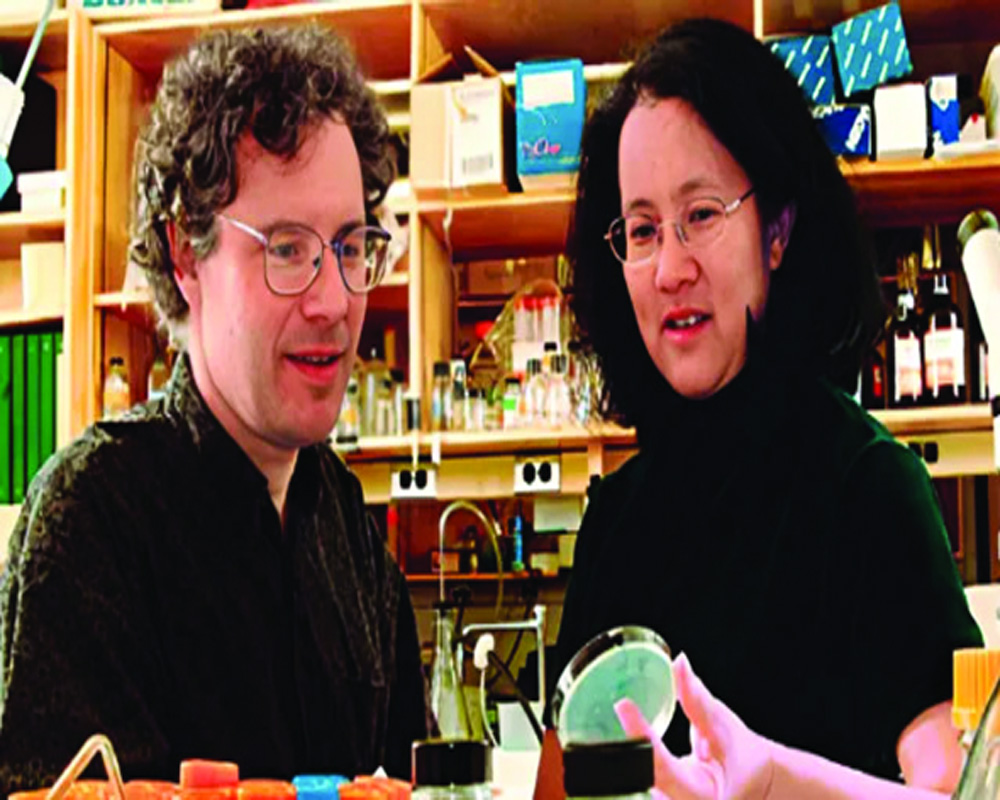The exclusion of Rosalind Lee has reignited discussions about the fairness of scientific recognition
The recent announcement of the Nobel Prize snubbing Rosalind Lee of Nobel Prize who was the first author of the paper that was considered for this year’s Nobel Prize in Physiology or Medicine, while considering her co-worker and husband, Victor Ambros, the corresponding author of the paper for the coveted prize, has reignited discussions about fairness, recognition, and the implications of such decisions on science.
Traditionally, scientific papers list authors in an order that reflects the perceived contribution to the work. The first author typically plays a significant role in conducting the research and writing the paper. In contrast, the last author often represents the senior scientist or principal investigator who guided the research.
Middle authors usually contribute in specific areas but are not as heavily involved as the first or last author. This system has fostered a hierarchy in academia that rewards a select few.
At the same time, many essential team members go unacknowledged, ultimately skewing career advancement, compensation, and visibility in the scientific community. We still follow this flawed authorship order in most recruitments, funding agencies, promotions, awards, and recognitions.
Even for awarding doctoral degrees, our universities follow this order of authorship. It often overlooks a person’s intellectual knowledge and technical skills needed for the study.
This bias creates an environment where specific contributors, though not in prominent author positions, have a diminished chance of recognition and growth, potentially leading to a loss of morale and an outflow of valuable talent from academia and research fields. Many talented and skilled youngsters are not getting good positions because of this flawed protocol in research and academic institutions. In today’s world, science cannot be done in isolation.
Most of today’s research involves interdisciplinary work collaborating with one or more institutions, and each person involved may contribute to its success. Projects like the Human Genome Project or the Large Hadron Collider involve the contributions of hundreds of scientists from varied institutions across the globe.
Even in our national institutions, outsourcing certain works has become a norm. In that scenario, even the company that does the work has to be credited, though they may charge for it.
The importance of each contributor extends beyond the experimenters. Data analysts, statisticians, field researchers, technicians, and other support staff often carry out substantial portions of the work. While their names might not always appear on a paper, they enable discoveries and innovations by ensuring the research is feasible, accurate and applicable.
In such a framework, reducing credit to a first-author or corresponding author model grossly underestimates the collective effort, leading to unfair career advantages for select individuals over others equally deserving. A system that values equal contribution offers a fairer foundation for hiring, promotions, and awards.
This shift would ensure that positions of responsibility and recognition are not limited to those with the resources or negotiating power to secure lead author positions. Moreover, equal credit distribution could improve diversity in science. This approach could also boost diversity by supporting women, early-career researchers, and marginalised groups who are often in middle-author roles due to limited mentorship and systemic inequities, giving them a better chance at securing resources and opportunities.
Critics may argue that equal weightage could lead to confusion over who contributed most to a particular study, possibly complicating the evaluation process.
To address this, journals should strictly include only those who actively contributed to the study, ending practices of “gift authorship” to the department or the head of the institution. Science thrives on collaboration and equal weightage for all authors in jobs and awards, including consideration for the Nobel Prize, which promotes a culture of inclusivity, fairness, and shared achievement.
(The author is the Dean-Academic affairs, at Garden City University and adjunct faculty at NIAS, Bangalore; Views are personal)


























